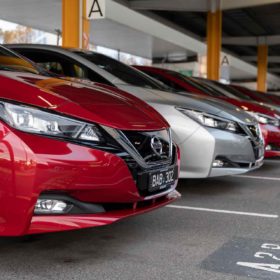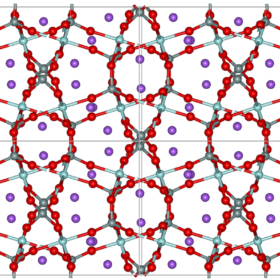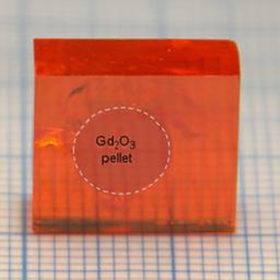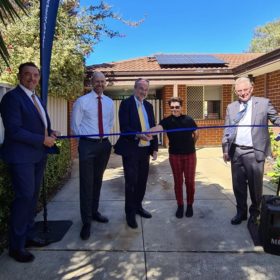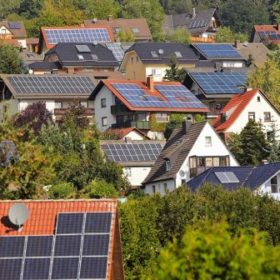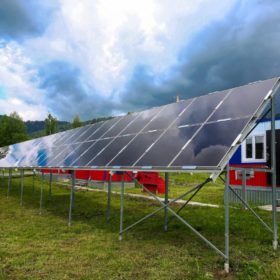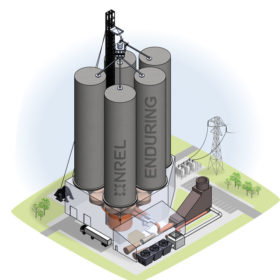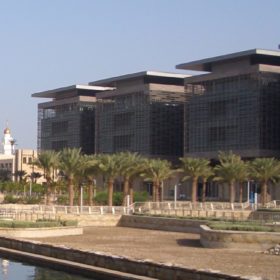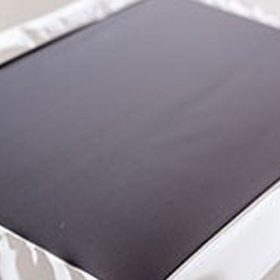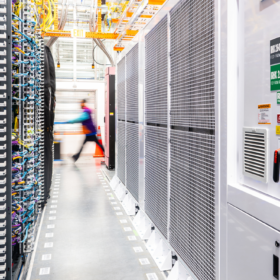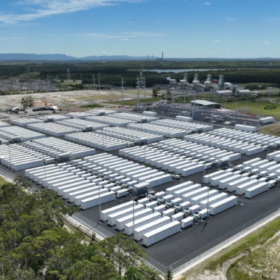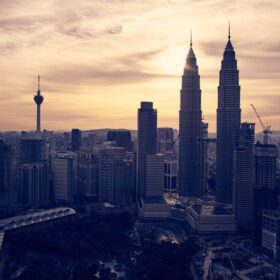The sci-fi future of EVs: vehicles could become the grid
Electric vehicles could autonomously transport electrons between where they’re generated and where they’re needed based on algorithms and smart software, predicts JET Charge CEO Tim Washington. Such a future, he admits, is “pretty sci-fi” and still a while off.
Novel chemistry hybrid flow battery: non-aqueous, high-voltage, and crossover-free
Scientists in the United States claim to have created a crossover-free, high-voltage, non-aqueous hybrid flow battery with a novel chemistry for the solid sodium anode. The device has shown a high working voltage of around 2.6 V and a coulombic efficiency of 95.0%.
Perovskites can also detect nuclear radiation
Scientists in Switzerland found that perovskites can be used to detect thermal neutrons emitted by radioactive devices. Taking advantage of several properties that also make the materials attractive for solar cell applications, the group was able to fabricate a novel device that could have various practical applications, including in energy generation.
Low-income tenants get relief in Australia’s big public-housing solar retrofit — latest evidence from WA
For a small infrastructure investment in rooftop solar systems, state governments can make a material difference to the lives of social housing tenants, and further their net-zero ambitions. Western Australia reports another win-win.
Flexible solar panel for vehicle-integrated applications
Called SolFlex, the frameless panel is based on 22%-efficient solar cells and is designed for high, one-sided heat load. The standard product measures 100x100x2.9cm, weighs in at 3.4kg, and has a power output of 170 W.
AEMO on target to trial DER marketplace platform
The development of a “world-first” marketplace designed to maximise the value of distributed energy resources, including rooftop solar PV, batteries and electric vehicles is on track with the Australian Energy Market Operator confirming it expects to start trialling the platform in early 2022.
Measuring impacts on solar performance, whatever the weather
Scientists in the United States used machine learning to analyse maintenance reports, performance data and weather records from more than 800 solar farms located across the country. The analysis allowed them to determine which weather conditions have the biggest impact on PV generation, and to suggest the most effective ways to boost the resilience of PV installations to extreme weather events.
Storing wind, solar power with silica sands
NREL researchers developed a system that uses heated silica particles for thermal energy storage. The baseline technology is designed for a storage capacity of up to 26,000 MWh and is claimed to have a cost of of between $2 and $4 per kWh.
Novel battery chemistry for zinc-ion batteries
Scientists have demonstrated a zinc-ion battery that overcomes many of the challenges for this technology. By working with a highly-concentrated salt solution as the electrolyte, the group was able to achieve stability over more than 2,000 cycles combined with a strong electric performance. The group says that its work opens up “a viable route to developing aqueous batteries for emerging electrochemical energy storage applications.”
German researchers want to reduce manufacturing costs for electrolysers by more than 25%
A number of Fraunhofer institutes in Germany want to make green hydrogen more cost-competitive and are working to identify the best and most economical processes for the production of electrolysers. They intend to build a digital library of future-proof electrolyser manufacturing processes with which the investment costs and even the return on investment can be determined in advance depending on the planned production volume.
